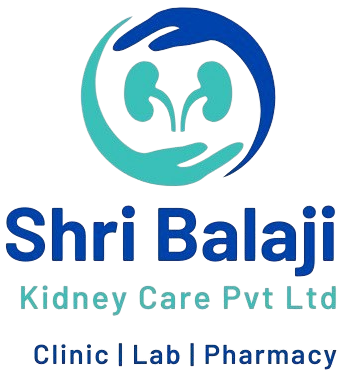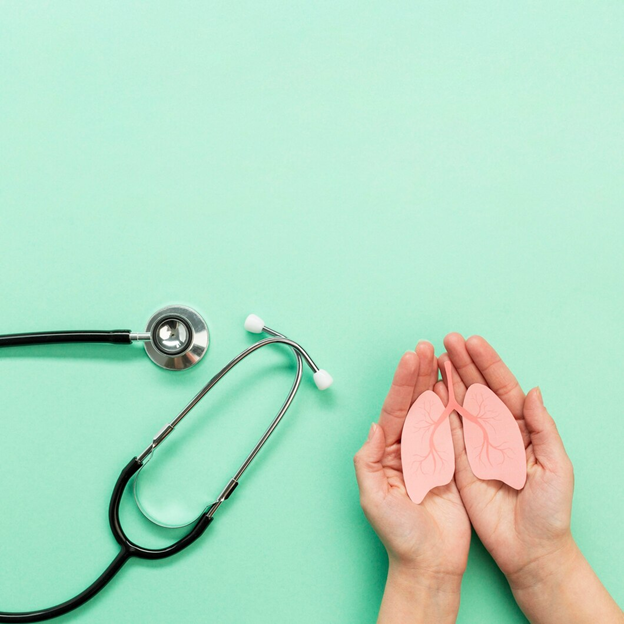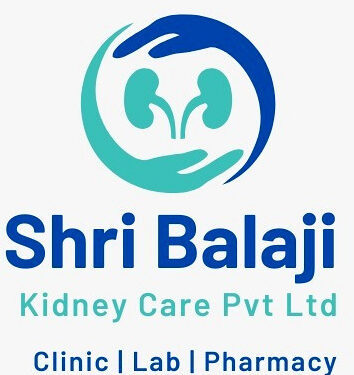This guide aims to equip chronic kidney disease (CKD) patients with the essential know-how to proactively prevent kidney stones and enhance overall kidney health. Here, we will explore preventive measures such as lifestyle adjustments, diet tweaks, and expert-approved practices that can significantly benefit you. With the right strategies, you can reduce the risks that come with these painful deposits, ensuring your journey with kidney health is smooth and free from complications. Let’s plunge into actionable solutions.
Understanding Kidney Stones: Basic Knowledge for Better Prevention
Kidney stones are solid lumps made from minerals and salts. For those with CKD, understanding the different types is crucial because each type affects your condition differently. Common types of kidney stones include calcium stones, which are the most common, as well as uric acid stones, struvite stones, and cystine stones. Knowing the kind you might be prone to helps in tailoring preventive measures effectively. Urinary bladder calculi, or bladder stones, can also form if stone fragments settle in the bladder.
Risk factors like dehydration, high sodium diets, or overconsuming animal proteins can lead to these urine stone formations. Recognizing personal and environmental factors helps mitigate these risks and enables better urinary tract management. Equipped with this knowledge, you can prevent stones from becoming a recurring issue.
Hydration: The Cornerstone of Stone Prevention
Staying well-hydrated is a vital part of preventing kidney stones. Water helps dilute the substances that lead to stone formation, lessening the likelihood of stones developing. For CKD patients, daily water intake should be adjusted to fit your doctor’s recommendations. Generally, aiming for at least 2.5 to 3 liters a day can be beneficial in preventing stones from forming.
Here are the best beverages to support kidney health: – Water: Plain and simple, it’s the best! – Lemon water: Citrate in lemons helps prevent stone formation. – Herbal teas: Some are diuretic and support hydration.
Remember, limiting sugary beverages and caffeinated drinks can also aid in stone prevention by preserving the health of your kidneys.
Dietary Strategies: Eating Smart to Sidestep Stones
Your diet plays a powerful role in preventing kidney stones. Consuming calcium-rich foods is important, yet moderation is key to balance stone prevention and health needs. Aim for dairy or plant-based options in manageable quantities. Spinach and kale, for example, can contribute to healthy calcium levels without overloading your system.
The sodium dilemma is real for CKD patients. High salt intake can increase the risk of kidney stones, particularly calcium stones. A few ways to cut back include: – Choose fresh or frozen vegetables rather than canned. – Season with herbs and spices instead of salt. – Reduce intake of processed foods.
Protein levels must be managed carefully. Opt for plant-based proteins like beans, lentils, and tofu which are kinder on the kidneys than red meats. By taking these dietary steps, you pave the way to keeping your kidneys healthier.
Decoding Misconceptions: Clearing the Air on Kidney Stones
There are many myths and misconceptions associated with kidney stones. A prevalent one is that only older individuals suffer from stones. In reality, they can affect adults of all ages.
Moreover, some believe surgery is the main solution. In truth, surgical removal of kidney stones is often a last resort when they are too large to pass. Instead, small lifestyle and dietary changes can have a big impact.
Knowing these truths empowers CKD patients to make informed decisions about their kidney health and prevention strategies.
Medical Management and Preventive Treatments
For those at higher risk, there are meds for kidney stones which can assist in their prevention, especially for recurrent stone formers. These medications vary, depending on the type of stones you are predisposed to.
Routine check-ups are significant. They allow for regular monitoring of kidney function and early detection of stone formations. Recognizing red flags early, such as increased urine output or persistent pain, ensures timely intervention at the first sign of trouble. Seek medical advice when these symptoms appear; it is crucial for preventing the escalation of minor issues into major health concerns.
Lifestyle Modifications: Everyday Changes for Lifelong Benefits
Maintaining a healthy body weight is key in lowering the risk of kidney stones. Excess weight can strain your kidneys, so aim for balanced, nutritious meals. Regular exercise also plays a vital role, helping to maintain kidney function and overall health. Choose activities that you enjoy, ensuring they are appropriate for your condition, like walking, yoga, or swimming.
Reducing stress is also beneficial. Incorporate stress-busting techniques such as mindfulness practices, meditation, or simple breathing exercises. Enjoying these activities regularly helps improve kidney function by lowering the overall strain on your body thereby preventing stone risks.
Genetics and Family History: A Look into Hereditary Risks
Genetics can play a significant role in the formation of kidney stones. If you have a family history of stone formation, this can increase your risk. Exploring your family medical history allows you to adopt targeted prevention strategies early.
These insights enable personalized plans catered to your unique risk factors, reducing stone formation chances considerably.
Recognizing Early Symptoms: When to Act
Knowing early kidney stones symptoms, such as intermittent back pain, blood in urine, or frequent urination, allows for prompt action. Early intervention can prevent more severe complications by addressing the issue before it worsens.
Your Personalized Blueprint for Managing Kidney Stone Risks
Crafting an individualized plan for kidney health involves partnering with healthcare professionals. A renal dietitian can offer CKD-compatible diets that balance nutrition while preventing stones. Transform these habits into lifestyle changes that support kidney health long-term.
By implementing these strategies, you strengthen your defenses against future stone formation, enhancing your life quality and kidney function for years to come.



